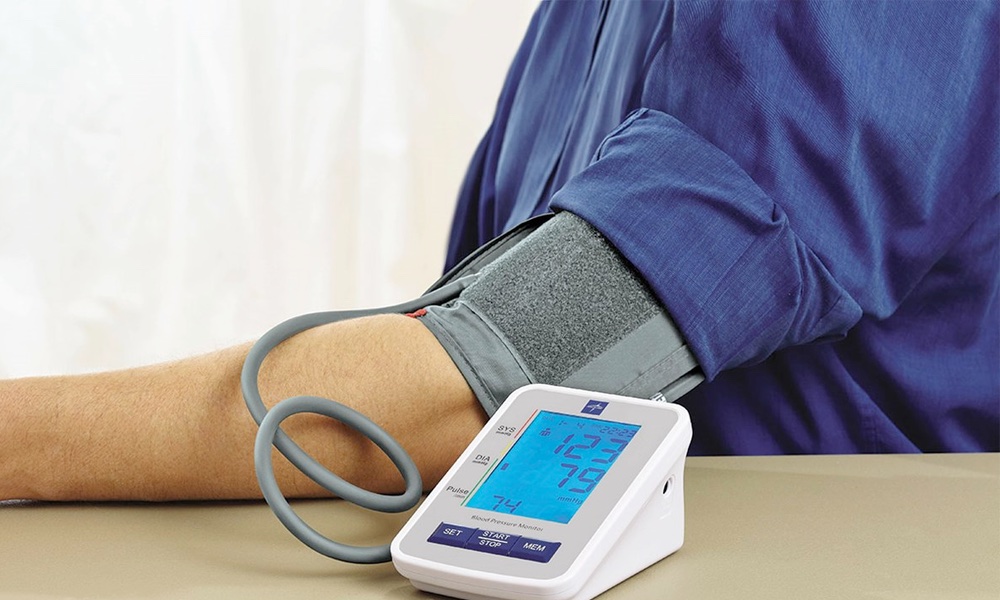When it comes to heart health, antidepressants may be more important to patients with depression than statins. A three-year study found that people with moderate to severe depression who took antidepressants lowered their risk of dying, developing coronary artery disease, or having a stroke by over 50%.
“What I take away from this study is that screening and treatment of depressive symptoms should be a high priority,” Heidi May, the study's lead author, said in a statement.
Depression is a known risk factor for heart disease. Yet the results of previous studies of the effect of antidepressants on this risk had been mixed.
The researchers analyzed the records of over 26,000 people in Utah's statewide network of health centers who had filled out a nine-question depression questionnaire. Moderate to severe depression was found in about 5,300 of the patients; another 21,500 had mild or no depression....In the more depressed people, the antidepressant really was what made the biggest difference.
People who had been taking antidepressants or had heart disease at the time of the questionnaire were excluded from the study. The medical records of the remaining patients were reviewed three years later.
Adults with moderate to severe depression who took antidepressants alone had a 53% lower risk of dying, developing coronary artery disease or having a stroke during the three-year follow-up period than patients with moderate to severe depression who took neither antidepressants nor statins. They also appeared to fare better than moderately or severely depressed patients who took statins alone or a combination of statins and antidepressants, although these relationships were not directly analyzed.
“We thought we'd see an additive effect — that taking both medications would lower the risk more than either drug alone — but we found that in the more depressed people, the antidepressant really was what made the biggest difference,” said May.
Antidepressants were not associated with a reduced cardiovascular risk in people with mild or no depression.
Although the study did not directly investigate how antidepressants might improve heart health, May believes the link could be related to behavioral changes.
People in the grip of depression may find it difficult to exercise or comply with their doctor's advice or otherwise practice good health habits. An improved mood could be enough to help them take better care of themselves.
According to the Centers for Disease Control and Prevention (CDC), an estimated one in 10 adults suffers from depression and they have a two- to four-times greater risk of developing heart disease compared to people without depression.
With about 240 million adults in the U.S., the study suggests that millions of Americans would be doing their heart a big favor by getting their depression under control.
The study was presented at the American College of Cardiology's 64th Annual Scientific Session in San Diego. The findings have not yet been published in a peer-reviewed journal and should be considered preliminary.




